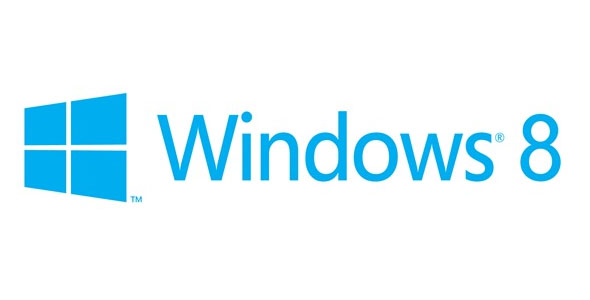Editorials
 One of the things that has always bothered us with the way that many companies involved in the “war on piracy” behave is that while they talk about the amount of money they lose every year to piracy they are always willing to dump even more into schemes that have almost no chance of doing any real good. It also bothers us that many of these companies stretch the laws and legal guidelines (to put it mildly) to achieve their goals.
One of the things that has always bothered us with the way that many companies involved in the “war on piracy” behave is that while they talk about the amount of money they lose every year to piracy they are always willing to dump even more into schemes that have almost no chance of doing any real good. It also bothers us that many of these companies stretch the laws and legal guidelines (to put it mildly) to achieve their goals.
- Details
- By Sean Kalinich
- Hits: 4744
 After reporting on the potential for Congressional involvement in the “issue” over Windows RT we are hearing that Mozilla is trying to drag this into a new area simply because the new software will have the name “Windows” in it. You see Mozilla’s argument revolves around Microsoft’s promises to make “Windows” more open to other developers. When asked how Microsoft’s new way of handling Windows RT differs from what both Google and Apple are doing they claimed that by not allowing access to certain Win32 APIs that Microsoft has ported to WindowsRT (the actually only exist in the desktop mode) they are locking out competition.
After reporting on the potential for Congressional involvement in the “issue” over Windows RT we are hearing that Mozilla is trying to drag this into a new area simply because the new software will have the name “Windows” in it. You see Mozilla’s argument revolves around Microsoft’s promises to make “Windows” more open to other developers. When asked how Microsoft’s new way of handling Windows RT differs from what both Google and Apple are doing they claimed that by not allowing access to certain Win32 APIs that Microsoft has ported to WindowsRT (the actually only exist in the desktop mode) they are locking out competition.
- Details
- By Sean Kalinich
- Hits: 3096
 You would think today was a slow news day as we see people reporting on something we talked about almost a month ago (well really more than that). It seems that people are waking up from the haze of all of the news about Windows on ARM (Windows RT) and starting to realize that x86/64 tablets are going to be much, much more attractive to both consumers, businesses and both manufacturers and developers.
You would think today was a slow news day as we see people reporting on something we talked about almost a month ago (well really more than that). It seems that people are waking up from the haze of all of the news about Windows on ARM (Windows RT) and starting to realize that x86/64 tablets are going to be much, much more attractive to both consumers, businesses and both manufacturers and developers.
- Details
- By Sean Kalinich
- Hits: 4222
 Intel is looking to the future even as their newest CPU, the 22nm Ivy Bridge, is taking something of a beating in the media. According to a few slides that have hit daylight Intel is already working on moving some of its FABs to 14nm in preparation for their next generation of CPUs. Of course this is not that big of a deal really, Intel has moved from one process to the next like clockwork (insert “Tick-Tock” joke here).
Intel is looking to the future even as their newest CPU, the 22nm Ivy Bridge, is taking something of a beating in the media. According to a few slides that have hit daylight Intel is already working on moving some of its FABs to 14nm in preparation for their next generation of CPUs. Of course this is not that big of a deal really, Intel has moved from one process to the next like clockwork (insert “Tick-Tock” joke here).
- Details
- By Sean Kalinich
- Hits: 4654
Read more: Intel Already Working on 14nm Process; How Will...
 Wow, the rumors have started early; it seems that some people are trying to push the “Facebook is going to charge you” rumor again after the social networking company tried out a new “pay to promote” feature. This compiled with some recent purchases (and a change in the “data use” policy) has gotten the gears turning. The problem is that we highly doubt they will ever do that after considering there are much better ways to monetize their users.
Wow, the rumors have started early; it seems that some people are trying to push the “Facebook is going to charge you” rumor again after the social networking company tried out a new “pay to promote” feature. This compiled with some recent purchases (and a change in the “data use” policy) has gotten the gears turning. The problem is that we highly doubt they will ever do that after considering there are much better ways to monetize their users.
- Details
- By Sean Kalinich
- Hits: 5344
More Articles …
- Mozilla's Complaining has Congress Involved in the Windows RT Issue...
- One Dell Idiot does not (have to) a Sexist Field Make
- The Dutch High Court Orders All ISPs to Block the Pirate Bay. Good Luck With That..
- Leaked DHS Amber Warnings Claim There is Major Campaign Against US Natural Gas Pipeline, But Is It Real?
Page 59 of 89



